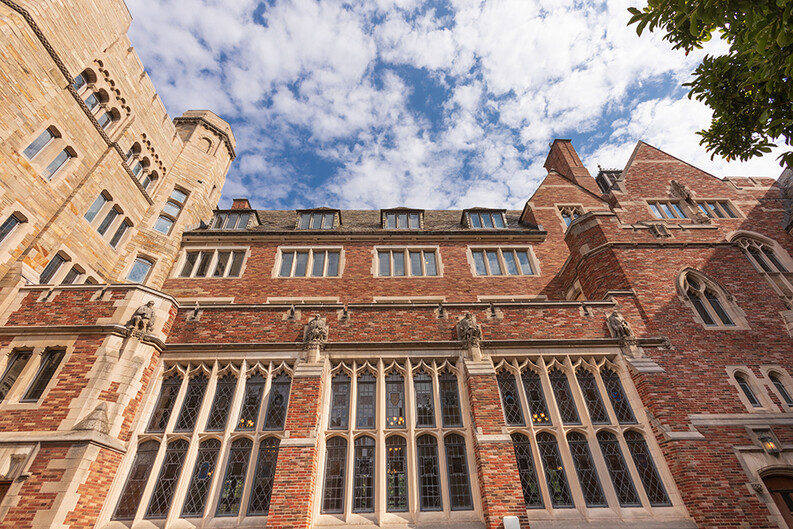James Forman Jr. Elected to American Philosophical Society

J. Skelly Wright Professor of Law James Forman Jr. ’92 was elected to the American Philosophical Society (APS) for his accomplishments in social sciences, according to an announcement from the Society on May 15.

Forman’s scholarship focuses on schools, police, and prisons. He is particularly interested in the race and class dimensions of those institutions. His first book, Locking Up Our Own: Crime and Punishment in Black America, was named one of The New York Times’ 10 Best Books of 2017, and was awarded the 2018 Pulitzer Prize for General Nonfiction.
In September 2020, Forman convened 12 Yale Law students and 20 first-generation New Haveners for a novel experiment in legal education: a law-student run pipeline program helping people from underrepresented groups achieve their dreams of becoming lawyers. To date, over 18 program participants have been admitted to law school, including the University of Connecticut, Quinnipiac, Yale, Villanova, American University, Berkeley, Georgetown, and Western New England.
In January 2022, Forman helped launch the Yale Law and Racial Justice Center, which brings together New Haveners, Yale students, staff, and faculty, local government officials, and local and national experts to imagine and implement projects advancing racial justice.
Forman is a Trustee of the Council on Criminal Justice and a member of the American Law Institute. In 2023, he was elected to the American Academy of Arts and Sciences.
Founded in 1743 by Benjamin Franklin for “promoting useful knowledge,” the American Philosophical Society is the oldest learned society in the United States. The APS has 982 elected members from across a range of disciplines. Only 5,819 members have been elected since 1743. Since 1900, more than 270 members have received the Nobel Prize.
The Society sustains its mission in four principal ways. It honors and engages distinguished scientists, humanists, social scientists, and leaders in civic and cultural affairs through elected membership and opportunities for interdisciplinary, intellectual fellowship. It supports research and discovery through grants and fellowships, lectures, publications, prizes, exhibitions, and public education. It serves scholars through a research library of some 13 million manuscripts and other collections internationally recognized for their enduring scholarly value.


